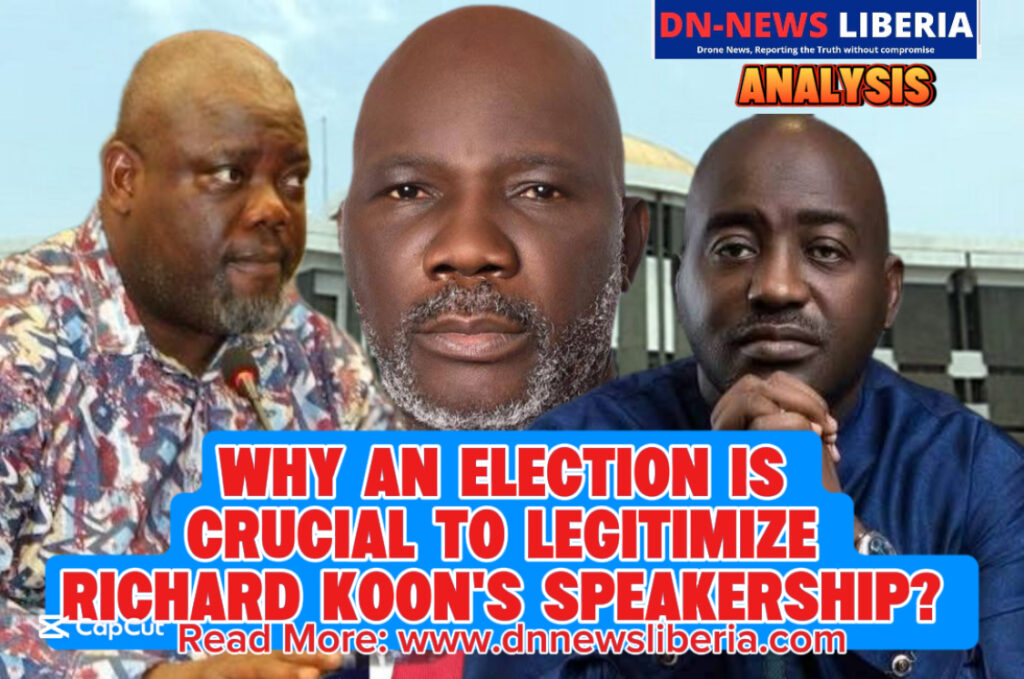The issue of whether or not an election should be held to legitimize Representative Richard Koon as Speaker of the House remains a serious concern.
Many are questioning the current process that led to his position, especially since it was not based on a formal election.
In any democratic system, respect for the rule of law is key. Without following proper procedures—like holding an election—the Speaker lacks the legal authority and legitimacy to lead the House. This is not just about politics; it’s about upholding the laws that govern the country.
It’s important to remember that the Supreme Court has already ruled that actions taken by the majority bloc, which led to Koon’s selection, were ultra vires—meaning they went beyond what the law allows. That ruling clearly suggests that any decision made outside legal procedures cannot be considered valid.
If no election is held, it may deepen the current leadership crisis in the Legislature. It could also send the wrong message—that rules can be bypassed when convenient. This risks weakening public trust in the House and could open the door for further disputes down the line.
The best way forward is simple: hold a proper election to give the Speakership legal backing. If that doesn’t happen, many believe the controversy will only continue—and sadly, few will be surprised.
However, on the other hand, holding an election could also threaten Koon’s grip on power. A proper vote would involve the full membership of the House, including lawmakers who may not support him. Unlike the circumstances that led to his current position—amid political wrangling and divisions—an election opens the process to new contenders and uncertain outcomes.
Our reliable source has hinted that three names are currently being discussed for the Speakership if an election is held:
- Musa Hassan Bility, a prominent businessman and influential figure with strong financial backing;
- Richard Koon, the current Speaker facing legitimacy questions; and
- Thomas Fallah, the current Deputy Speaker, whose inclusion in the race comes as a surprise to many political watchers.
Bility, in particular, is seen as a powerful contender due to his vast business network and financial strength, which could sway influence in a competitive vote.
Fallah brings experience and institutional loyalty, while Koon seeks to maintain his position under increasing scrutiny.
This sets the stage for a tense showdown if elections go forward on Tuesday May 13, 2025, 24 hours to National Unification Day Koon risks losing his seat, while the House risks further internal division if the process remains stalled. One thing remains clear: any path chosen will have significant consequences for legislative leadership and Liberia’s democratic image.


